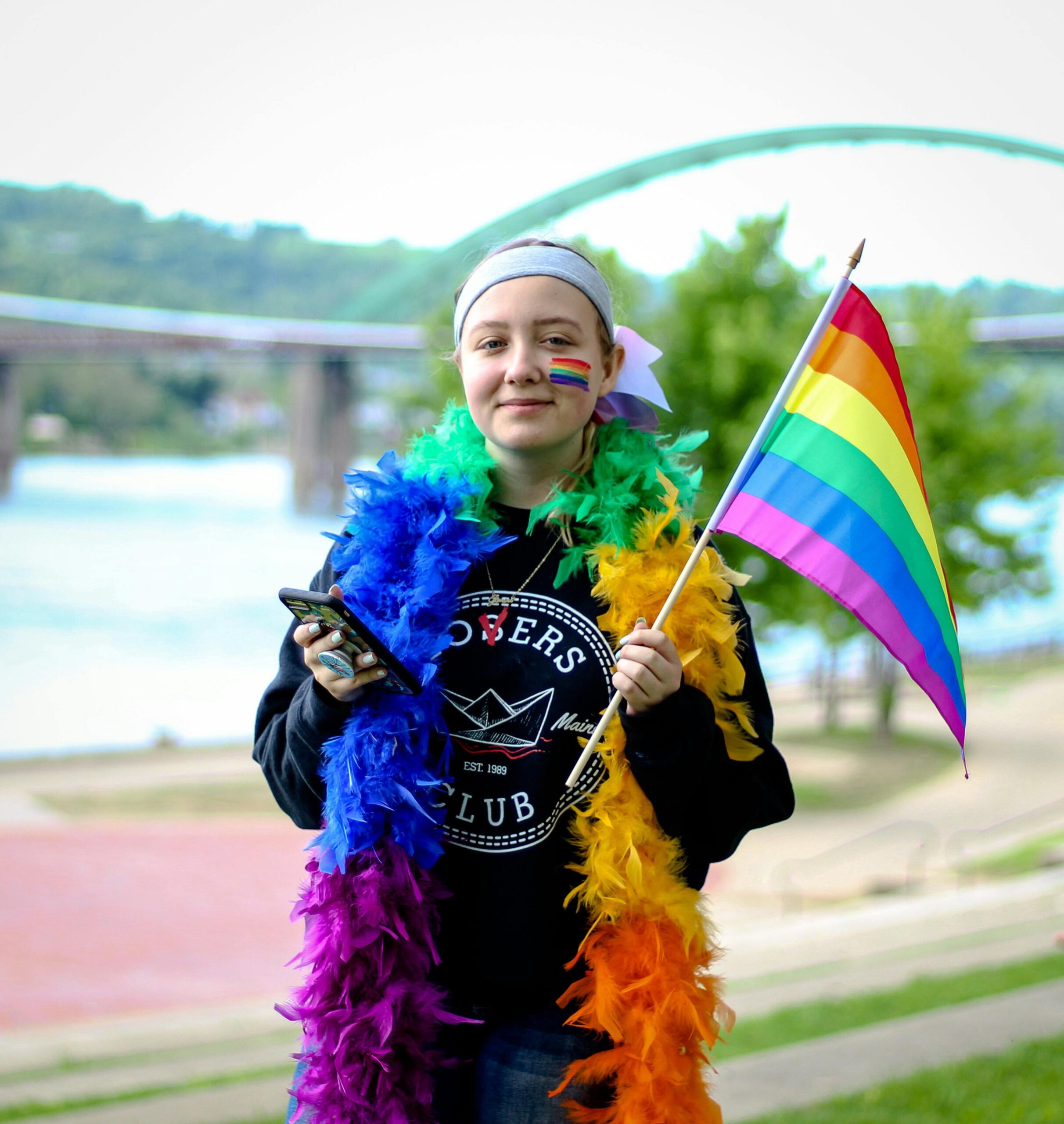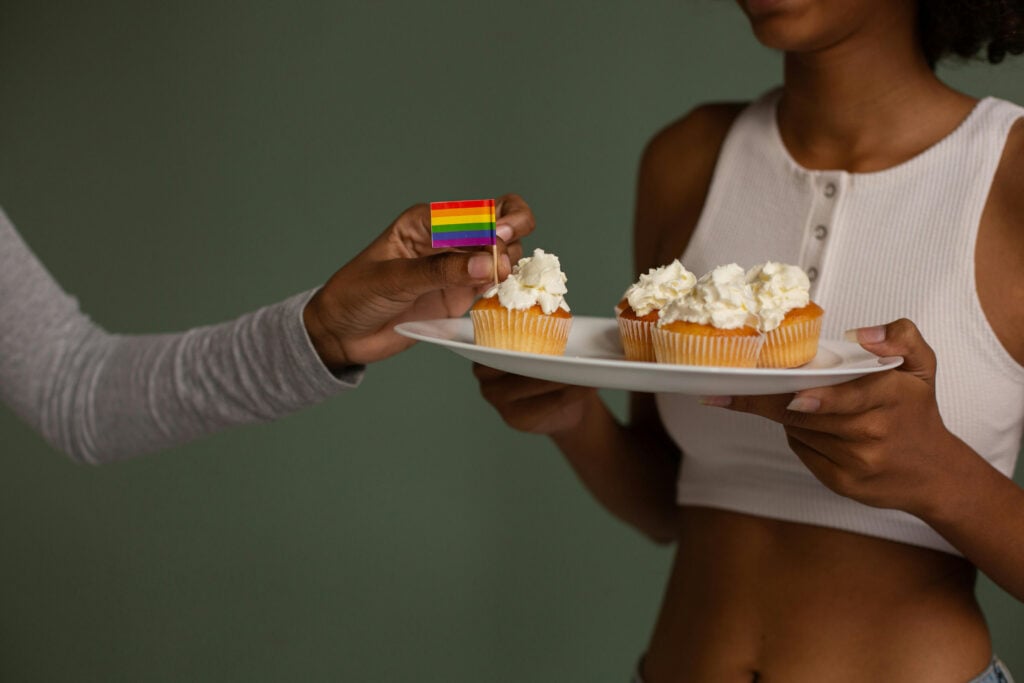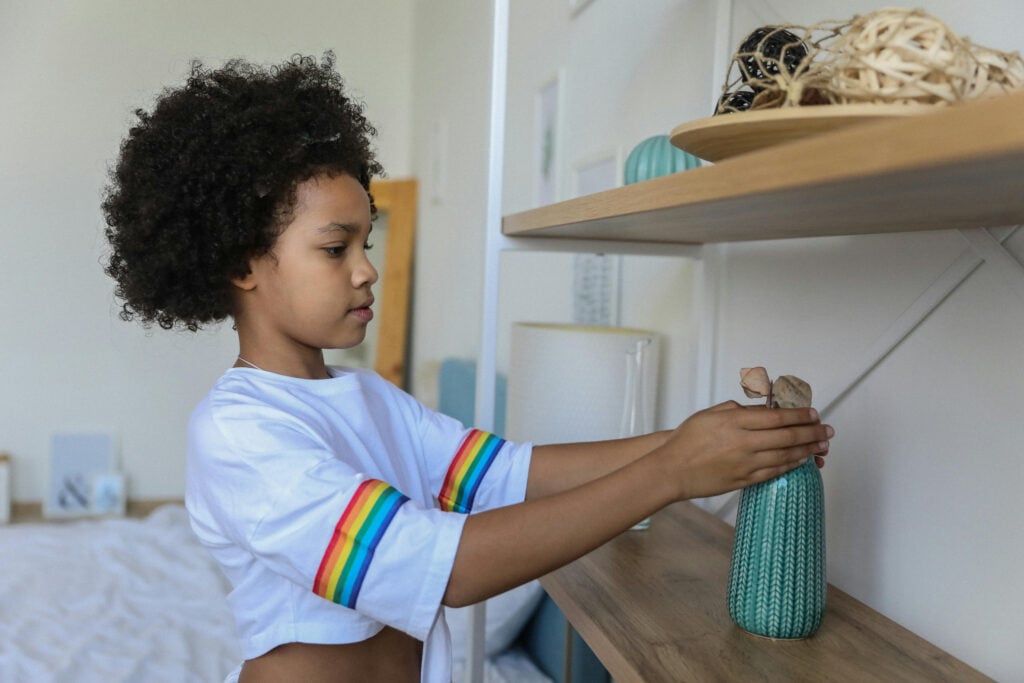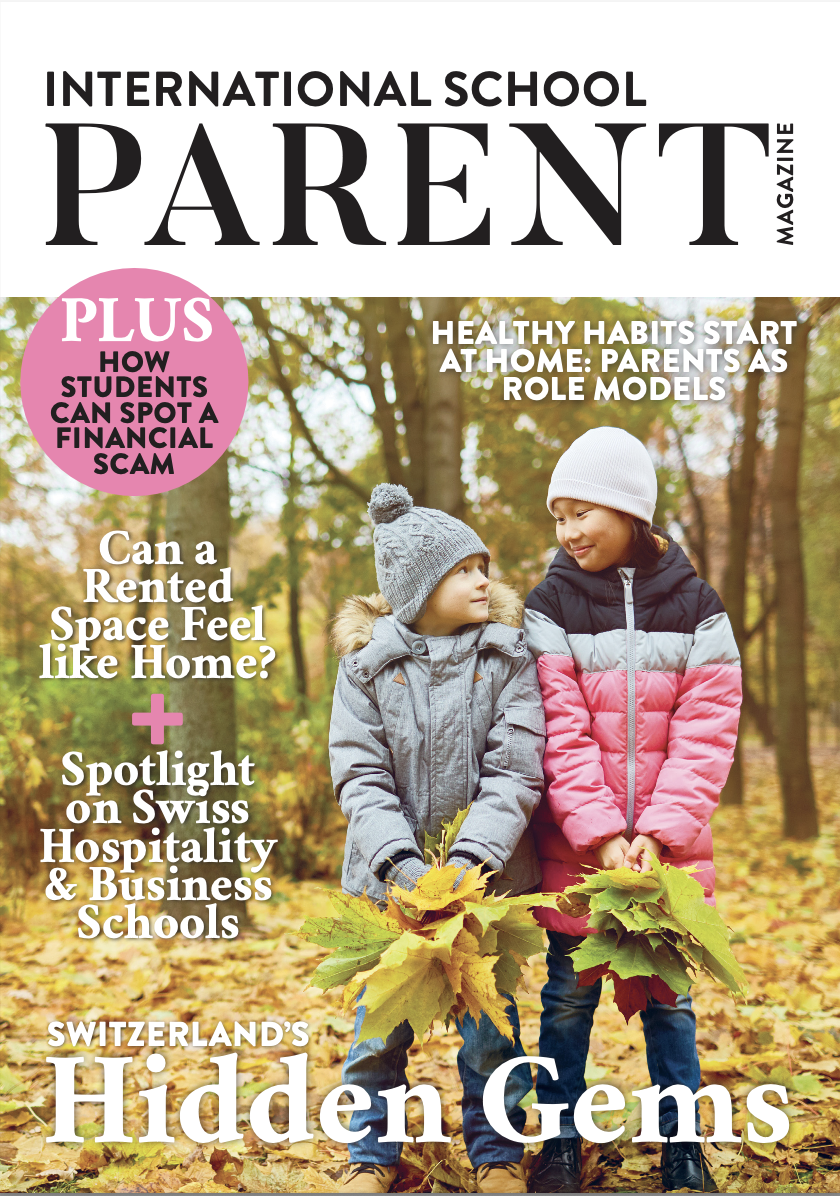A Guide to Safely Celebrating Pride Month Around the World

By Cath Brew
Pride Month occurs every year in June, but how you experience it depends greatly on where you are in the world. In some countries it’s a vibrant celebration of LGBTQ+ history, a month- long festival full of parades and open expression. Elsewhere, LGBTQ+ individuals must be more discreet, or even hide completely, due to social stigma or restrictive laws.
#1. In countries where LGBTQ+ identities are celebrated
These countries have legal protections for LGBTQ+ people, active queer communities, and cultural acceptance. Think of places like Canada, Malta, Brazil, Uruguay, Australia, Spain, Germany, Portugal, the Netherlands, Belgium and Nordic countries.
How to Celebrate:
- Join Parades & Festivals: Take part in public Pride events, whether that’s marching, dancing, waving flags or just soaking up the atmosphere. It’s a chance to be loud and proud! Why not hold a mini pride at your school? It’s a great family friendly way to celebrate your LGBTQ+ kids.
- Support LGBTQ+ Businesses & Artists: Shop with queer-owned brands (a simple internet search will help you find them) or invite a drag queen into your school for the day! Have an LGBTQ+ film festival at school or celebrate LGBTQ+ musicians with a dance party.
- Advocate and Educate: Hold events in your school or local community that talk about intersectionality, trans rights, and issues still facing the community. Host an event that’s all about Allyship, or add a pride flag to your desk.
- Volunteer or Donate: Pride is not just a party. In fact, it started as a protest, and many still see it this way. A great way to celebrate pride is to raise awareness about the organizations that work for equality all year round (e.g. Rainbow Railroad, Human Rights Campaign, The Trevor Project, Mermaids, Gendered Intelligence).
What’s the Right Tone?
This is about Celebration + Activism. Be joyful, but also mindful of those still fighting for basic rights globally.

#2. In countries where LGBTQ+ is legal but stigmatized
These are places where officially, homosexuality is not a crime, but it’s not necessarily safe to be homosexual, nor are there legal protections for all of the LGBTQ+ community. In these countries open expression may lead to social backlash, harassment, or discrimination. This category covers all regions of the world and currently includes Turkey, Belarus, Poland, Hungary, Peru, Paraguay, Philippines, China, Barbados, Kyrgyzstan, Vietnam and many more.
It is also important to recognise that what is written into law may not match public opinion or the reality of LGBTQ+ lived experiences. For example, in most of Russia, homosexuality is legal (except Chechnya), yet LGBTQ+ symbols are considered to belong to an ‘extremist organisation.’ In 2024 arrests were made and court convictions given to people wearing rainbow earrings. LGBTQ+ rights are ever changing, so it’s critical to do your own research. Personal safety is paramount.
How to Celebrate:
- Celebrate Privately or in Trusted Circles: Host small gatherings with supportive friends and families, have an LGBTQ film sleep over, host an LGBTQ+ themed cake stall at school, share stories in safe spaces, hold a discussion group at school, tell the LGBTQ+ youth you know that they can always talk to you.
- Online Pride: Consider changing your profile picture to a Pride-themed frame, post Pride content in private WhatsApp groups, join virtual events, or share news stories about Pride events elsewhere in the world.
- Allyship Matters: If you’re an ally, use your voice more prominently with people you know are LGBTQ+. Send a Happy Pride message to them, post supportive content, or wear rainbow clothing when you see them. At school, create a rainbow themed chalk mural in the playground (which can be washed off) or paint a more permanent diversity mural inside a school building. If you’re a teacher, how about adding a pride flag on your desk?
- Practice Discretion When Needed: Know your audience. Safety always comes first.
What’s the Right Tone?
Quiet Resistance + Affirmation. This is about supporting LGBTQ+ people and helping them to feel pride in who they are, even if the world around you isn’t ready to fully embrace it.

#3. In countries where LGBTQ+ identities are criminalized
In some parts of the world, same-sex relationships are illegal, and being openly LGBTQ+ can lead to arrest, violence, or worse. Examples of where to be very careful include, Chechnya, Kenya, Ghana, Uganda, Oman, Qatar, UAE, Morrocco, Nigeria, Mali, Ethiopia and many more.
How to Celebrate:
- Protect Yourself First: Safety is paramount. Avoid any public displays or online actions that could be tracked or used against you. Celebrate in your own home.
- Find Community in Safe Ways: Use encrypted messaging apps, underground support groups, or international online forums. They can help you feel less alone. Use a Virtual Private Network to do so.
- Consume Queer Media Privately: Books, podcasts, and films can be powerful forms of resistance and affirmation.
- Look Outward for Support: International LGBTQ+ organizations often offer anonymous help, mental health support, and digital communities.
What’s the Right Tone?
Quiet Defiance + Survival. Pride here is about existing, resisting erasure, and staying connected – even if only internally or anonymously.
It’s common to think of this category being parts of the Middle East, Africa, or Asia but the reality is that laws can change anywhere at any time. For example, since the last Presidential inauguration in the USA, trans people’s rights are fast being eradicated with real-world consequences. Rainbow flags have been banned from government buildings, international LGBTQ+ awareness days have been removed from official calendars. Transgender people have been removed from the Stonewall monument website, despite the 1969 movement being led by trans women of colour. In April 2025 a 20-year-old trans woman was arrested in Florida for using a women’s restroom, and there are numerous accounts of trans people’s passports and IDs being seized. Similarly, the UK’s recent Supreme Court ruling on sex has had an equally negative impact, creating much fear.
You know that bit above where I mentioned that Pride started as a protest, and many still see it this way? This is why.
Final thoughts
Pride means different things depending on where you are in the world. For some, it’s a loud parade. For others, it’s a whisper. Either way, it’s always a protest for equality.
Ultimately, wherever you live, Pride Month is a reminder that LGBTQ+ people are part of a global community – a family – that sees them, celebrates them, and continues to fight for a world where where LGBTQ+ people are safe and their identities never silenced.

